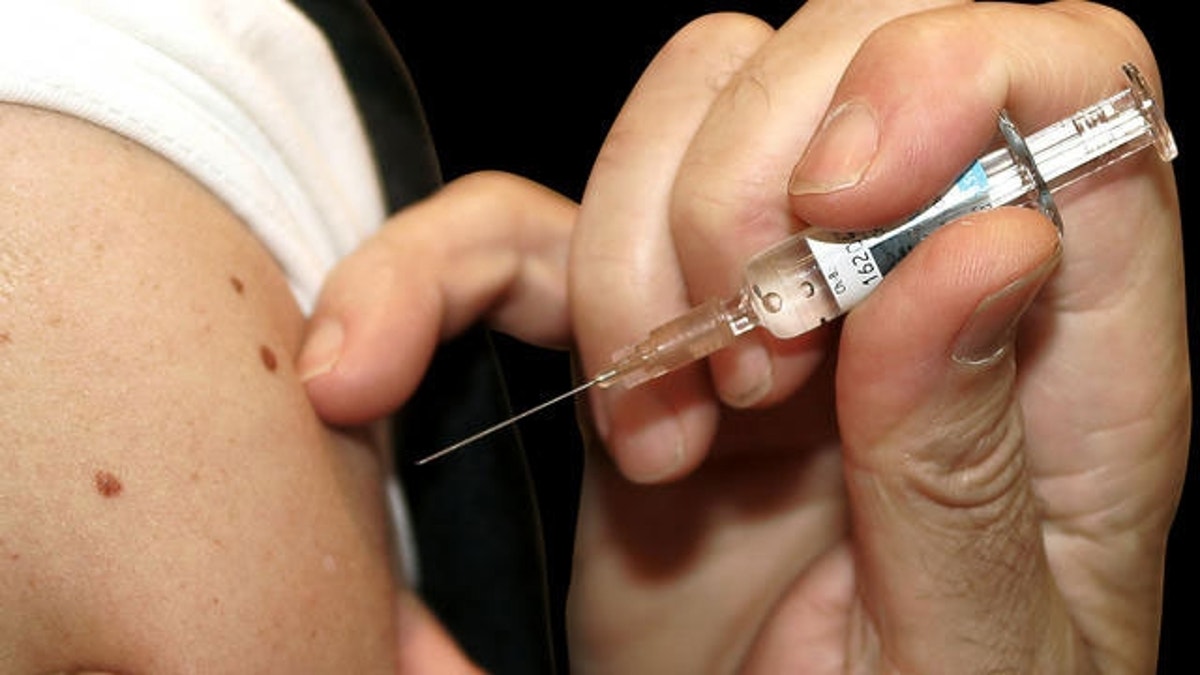
State health officials have reported 13 confirmed cases of measles in central Indiana including two people who traveled to the Super Bowl Village in Indianapolis earlier this month.
The cases includes both children and adults, and all are residents of Hamilton and Boone counties, both near Indianapolis.
The two people with measles who visited the Super Bowl Village -- a collection of football-related attractions outside the stadium -- were together during their February 3 visit, two days before the National Football League championship game, state officials said in a statement Tuesday.
Indiana has notified health officials in New York and Massachusetts regarding the potential exposure because the two teams were the New York Giants and New England Patriots. No additional cases of measles have yet been reported as a result of the exposure, according to the Indiana State Department of Health.
Measles is a highly contagious respiratory disease which in some cases can lead to hearing loss, pneumonia and death. It can also lead to pregnancy complications.
Measles is relatively rare in the United States due to high vaccination rates. But last year saw the highest numbers in the U.S. since 1996, at 222 cases and 17 outbreaks, according to the U.S. Centers for Disease Control. One of the 2011 outbreaks also was in Indiana.
Dr. Jorge Parada, professor of medicine and direction of the infection prevention and control program at Loyola University Medical Center near Chicago, said the reason for the increased cases of measles in the U.S. is reduced rates of vaccination. Three-quarters of the cases last year were transmitted locally, within the United States, rather than being picked up in another country.
Of the 123 U.S. residents who were infected last year, more than 90 percent were not vaccinated or it was not known if they had been vaccinated, Parada said. Two-thirds of people who avoid vaccination cite religious or philosophical reasons.
Parada noted that 500 U.S. residents people a year used to die from measles before vaccinations began in 1963, and more than 1,000 developed chronic disabilities. He said that links between the measles, mumps and rubella or "MMR" vaccine to autism have not been substantiated, and that immunizing for these diseases is a "no-brainer."
"Whatever risks there are (to vaccination) they pale in comparison with the danger of the natural disease," Parada said.
He said high vaccination rates in the United States have been so effective at eliminating measles people no longer remember how bad it can be. Parada worked for a year in Angola -- and got to see the misery of measles first hand.
"Once you see all the problems and complications of the natural disease, the benefit of vaccine becomes so acutely obvious it becomes a no-brainer," Parada said.
